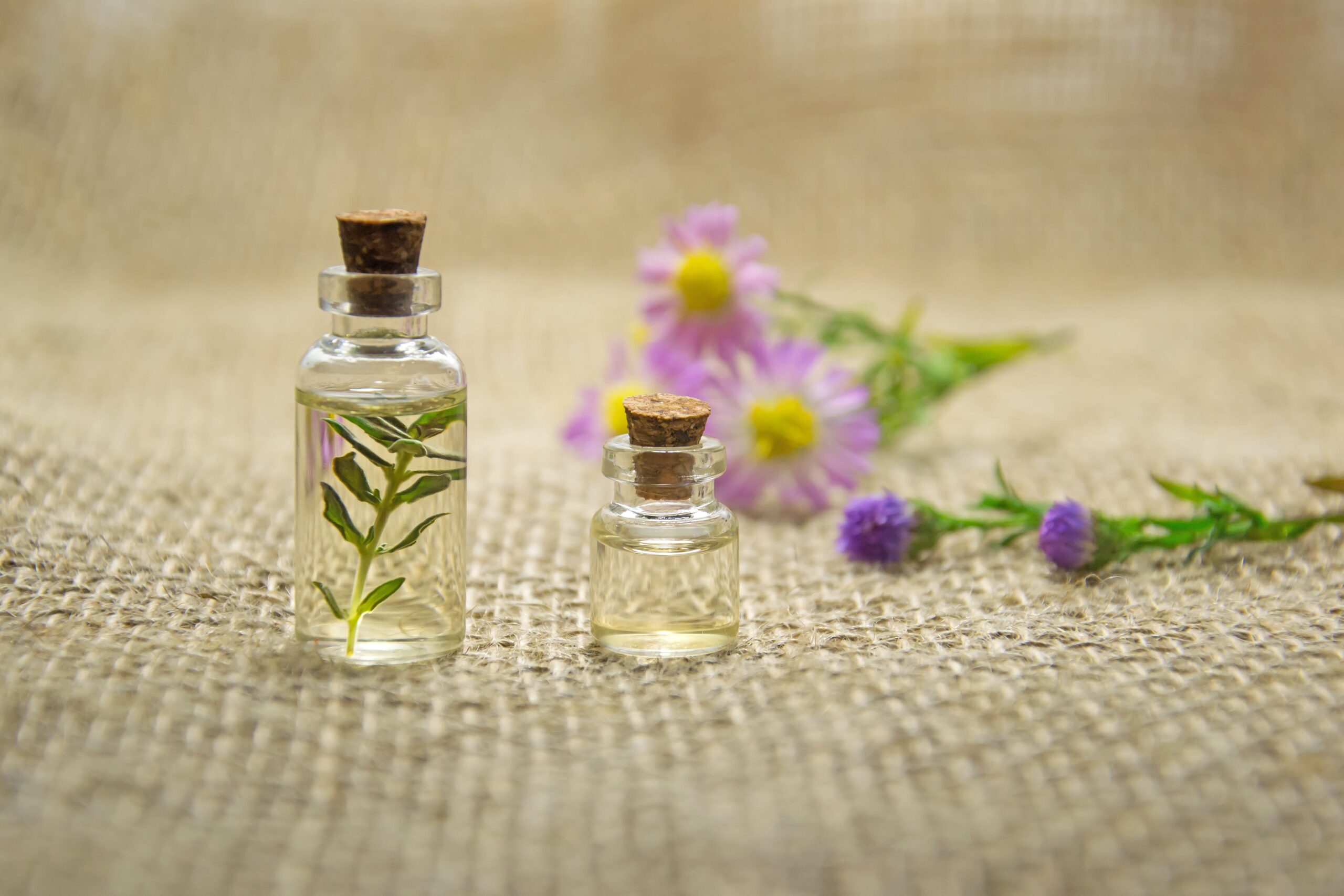Essential oils have gained popularity in recent years, not just for their pleasant scents but also for their numerous health benefits. Derived from plants, these concentrated extracts can be used for aromatherapy and skincare, providing a natural approach to well-being. This article delves into the advantages of using essential oils and how they can enhance your daily routine.
Aromatherapy: An Overview
Aromatherapy involves the use of essential oils to promote physical and emotional health. It leverages the sense of smell to trigger responses in the brain, influencing mood and overall well-being. These oils can be inhaled, diffused, or applied topically, offering various benefits.
1. Stress Relief and Relaxation
Essential oils like lavender and chamomile are renowned for their calming properties. Inhaling these scents can lower cortisol levels, reducing stress and promoting relaxation. Regular use can improve sleep quality and decrease anxiety levels, making them a valuable tool for mental health.
2. Improved Mood
Certain essential oils, such as bergamot and sweet orange, can uplift your mood. Their invigorating scents stimulate the release of serotonin, the hormone responsible for feelings of happiness. Using these oils into your daily routine can enhance your emotional well-being.
3. Enhanced Cognitive Function
Essential oils like rosemary and peppermint have been shown to improve focus and concentration. Inhaling these oils can enhance memory and mental clarity, making them perfect for studying or working on complex tasks. Their stimulating effects can keep you alert and engaged.
Skincare: The Benefits of Essential Oils
In addition to their aromatic benefits, essential oils are also beneficial for skincare. They offer a natural way to address various skin concerns, making them a popular choice in beauty routines.
1. Natural Antimicrobial Properties
Many essential oils possess antimicrobial properties, making them effective against bacteria and fungi. Tea tree oil, for example, is widely recognized for its ability to combat acne and other skin infections. Regular application can help maintain clear skin.
2. Anti-Inflammatory Effects
Essential oils such as frankincense and lavender have anti-inflammatory properties. They can soothe irritated skin, reduce redness, and promote healing. This is particularly beneficial for conditions like eczema and psoriasis.
3. Hydration and Moisturization
Certain essential oils, like jojoba and argan oil, are excellent for moisturizing the skin. They can help balance oil production and prevent dryness without clogging pores. Using these oils into your skincare routine can lead to healthier, more radiant skin.
4. Anti-Aging Benefits
Many essential oils contain antioxidants that help fight free radicals, reducing signs of aging. Oils like rosehip and carrot seed oil are known for their regenerative properties. Regular use can improve skin elasticity and minimize the appearance of fine lines.
How to Use Essential Oils
Essential oils can be used in various ways to maximize their benefits:
1. Diffusion
Using a diffuser is an effective way to disperse essential oils into the air. This method allows you to enjoy their aromatic benefits throughout your space. Add a few drops of your favorite oil to a diffuser and let it fill the room with soothing scents.
2. Topical Application
Diluting essential oils with a carrier oil, such as coconut or jojoba oil, allows for safe topical application. Apply the mixture to pulse points, or areas of concern, and enjoy the benefits directly on your skin.
3. Bathing
Adding essential oils to your bath can create a relaxing spa-like experience. Mix a few drops with Epsom salts or a carrier oil and dissolve in warm water for a soothing soak.
4. DIY Products
Essential oils can be incorporated into homemade skincare products like lotions, scrubs, or face masks. This allows you to customize your beauty routine with your favorite scents and benefits.
Safety Considerations
While essential oils offer many benefits, it’s essential to use them safely. Always dilute essential oils before applying them to the skin. Perform a patch test to check for any allergic reactions. Pregnant individuals and those with certain health conditions should consult a healthcare provider before using essential oils.
Conclusion
Using essential oils into your aromatherapy and skincare routines can enhance your overall well-being. Their numerous benefits, from stress relief to skin health, make them valuable additions to your self-care practices. Embrace the power of nature and discover how essential oils can improve your life.
Frequently Asked Questions (FAQs)
1. What are essential oils?
Essential oils are concentrated extracts derived from plants, capturing their natural fragrance and therapeutic properties.
2. How do I choose the right essential oil for my needs?
Consider your specific needs—whether for relaxation, focus, or skin care—and choose oils known for those benefits, such as lavender for relaxation or tea tree for acne.
3. Can I use essential oils directly on my skin?
It’s essential to dilute essential oils with a carrier oil before applying them to your skin to prevent irritation.
4. How should I store essential oils?
Store essential oils in a cool, dark place in tightly sealed containers to preserve their potency and effectiveness.
5. Are there any essential oils I should avoid?
Some essential oils may cause allergic reactions or irritation. Always perform a patch test before widespread use, especially with oils like cinnamon or clove.
6. Can essential oils be ingested?
While some essential oils are safe for ingestion, many are not. Consult a healthcare professional before considering internal use.



